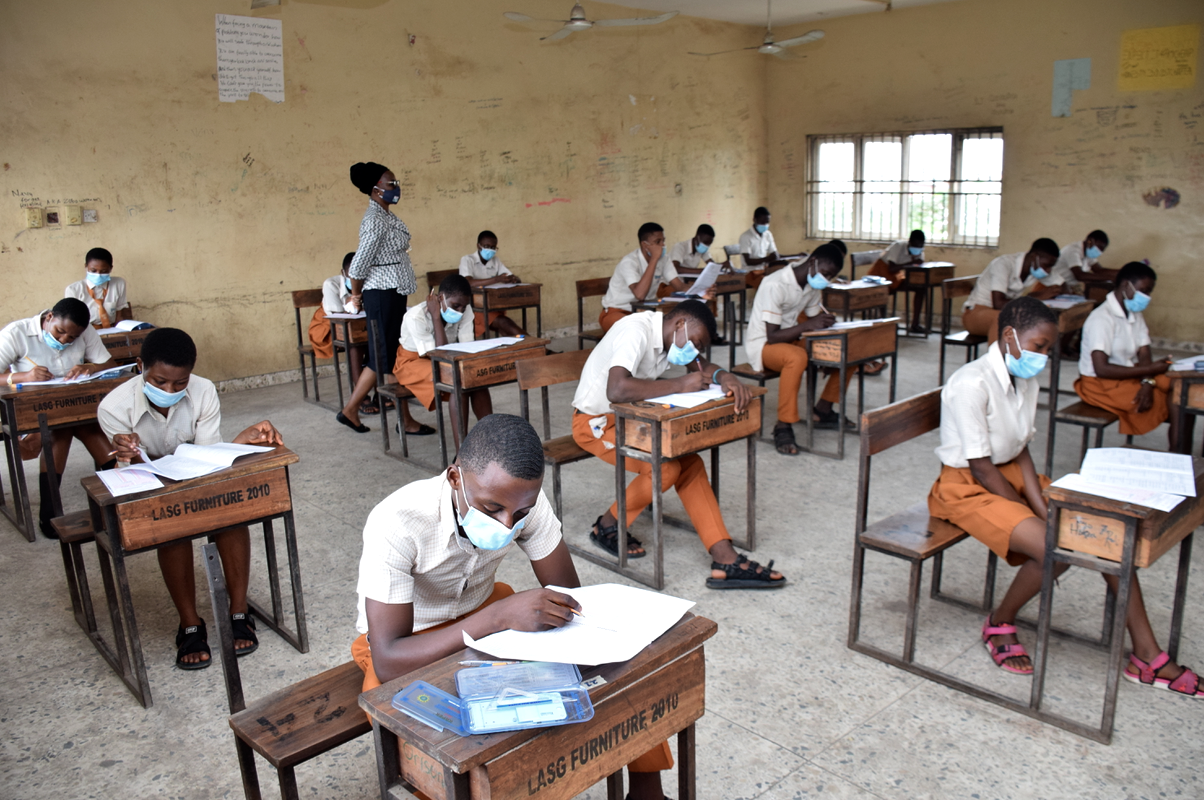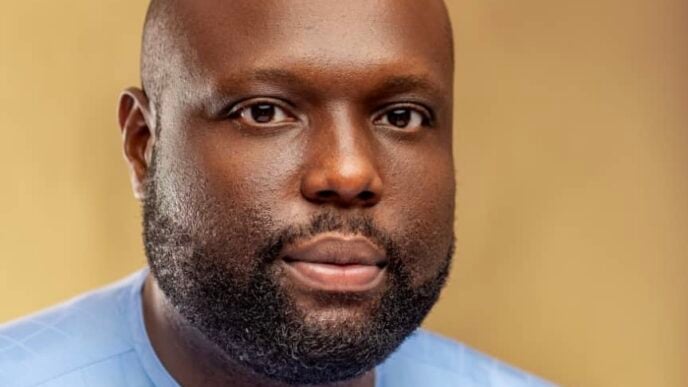BY DAMILOLA AKINYEMI
The videos of students writing the West African Senior School Certificate Examination (WASSCE) at night using flashlights went viral recently. The West African Examination Council (WAEC) apologised and explained that they had to set examination questions again because the previous ones had leaked to some students before the examination date. The issue of examination questions getting to students before examination time, and examination malpractice as a whole, is not new in this part of the world; it is a pervasive issue which has become a recurring problem in our education system. The sad thing is that malpractice has become so common in society that many students and educators view it as an acceptable norm rather than a reprehensible act.
Over the years, different people have given different reasons and factors that contribute to examination malpractice in the country. Some of the factors are poor staff treatment, corruption, ineffective management, societal decadence, etc. I agree that all these factors have a part to play; however, I would love to zoom in on the students who get involved in this practice. If we take a deeper look into it, we will realise that a more fundamental issue lies beneath these surface-level problems.
At the heart of this issue is insecurity on the part of the students, stemming from a lack of trust in one’s abilities. A lot of the students who participated in examination malpractice in whatever form do not have trust in their abilities to write and pass examinations on their own. This lack of trust can be as a result of low self esteem, lack of affirmation from home, peer pressure, lack of preparation or under preparation for the examination.
It is sad that many parents do not even trust their children to write and pass examinations on their own. This lack of trust may be obvious in some instances but subtle in some. Sadly, many parents do not understand the capacities and potential of their children fully. For instance, a parent who pays for their children to get involved in examination malpractice may appear supportive but that action, fundamentally, shows that they do not trust their children to do well on their own without any external support. This lack of trust in their abilities can have far-reaching consequences, as children begin to doubt their own capabilities and rely on shortcuts rather than hard work and dedication. If parents can be more observant and help cultivate their children’s capacities, the children will be more confident in their own ability to write and pass exams without the need for any aid, which in turn benefits them and society at large.
Advertisement
Knowing that their parents will find ways to help them cheat, some students may not feel motivated to study and prepare adequately for exams. This creates a vicious cycle, where students become increasingly reliant on malpractices rather than developing their skills and knowledge.
To address the issue of examination malpractice, we need to tackle the underlying problems of self-esteem and trust. Both parents and students must learn to believe in their abilities and potential. By fostering a culture that values hard work, dedication, and merit, we can begin to break the cycle of malpractice and restore the integrity of our education system.
Ultimately, the solution lies in reorienting our values and priorities. We must recognise that true success comes from hard work and dedication, rather than shortcuts and malpractices. By working together to address these deeper issues, we can create a more honest and equitable education system that benefits all students.
Advertisement
By addressing the root causes of examination malpractice, we can build a brighter future for our children and restore the integrity of our education system.
Damilola Akinyemi is a seasoned legal practitioner and researcher with a passion for education. She can be reached at [email protected]
Views expressed by contributors are strictly personal and not of TheCable.












